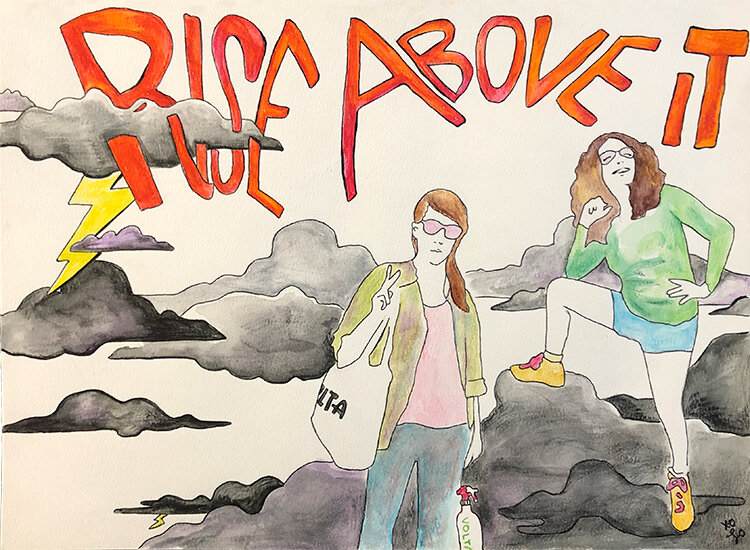By Meenal Raval
Her retirement funds were doing well, but my friend Lynn was feeling guilty.
A retired schoolteacher, she had a 401K fund. Every pay cycle, a percentage of her income had gone into this fund. Over the years, she also put money in individual retirement accounts (IRAs). Both funds are tax-exempt, meaning she didn’t pay taxes on this income the year she earned it. Both accounts were also invested in mutual funds, an aggregation of stocks, bonds and commodities that diversify investments, and therefore spread risk.
While she was able to choose which mutual funds she wanted, it was actually a portfolio manager who decided which companies should be included in the fund. Looking at the statements, she was appalled to learn that some of the high-performing funds invested in fossil fuel companies—the same companies that are killing the planet.
The main priority of publicly traded companies is to make money for their shareholders, like Lynn, and many others with retirement funds big and small. If any of those companies in a mutual fund are involved in fossil fuel extraction (such as drilling or fracking), transportation (such as oil trains and pipelines) or combustion (such as power plants), then the investors make money by betting against climate solutions.
We began a conversation about moving her money. But where? While she’d already put the money in socially responsible funds, those didn’t exclude investments in fossil fuels. She wanted to put her money where her mouth is: on climate solutions.
Christiana Figueres of the United Nations Framework Convention on Climate Change was quoted in the New Yorker: “Where capital goes over the next 15 years is going to decide whether we’re actually able to address climate change and what kind of a century we are going to have.”
Of course, change begins at home. Amending the “reduce, reuse, recycle” mantra to include energy—“conservation, efficiency and clean renewables”—in our lives. Each of us needs to look at our fossil fuel usage (in our homes, travel, and shopping habits) and invest in reducing and electrifying each fossil fuel habit. This is a journey we need to support each other on, avoiding shame or blame.
If you have money invested in the stock market, see how your funds are rated. The best site we’ve found is called fossilfreefunds.org, offering a quick report card for each mutual fund you may own. The socially responsible investments (SRI) of the past are now called environmental, social and governance (ESG) criteria to measure the sustainability and societal impact of an investment.
For those who like to maintain some liquidity and keep money in savings accounts and certificates of deposits, there’s the Clean Energy Credit Union set up by the American Solar Energy Society. Deposits to the Clean Energy Credit Union fund loans for residential solar projects, energy efficiency and electric bicycles.
This new year, make a resolution to look at your statements and see where your money is. Take the effort to understand what this is doing to the planet and consider changing your investments. Lynn reports that she is “now motivated to start some kind of green investors group.”
It’s time we all put our money where our mouths are. Together, we can turn the climate crisis around by starving the monster ravaging our planet.











See this: https://readersupportednews.org/opinion2/277-75/61491-a-very-hot-year.
Then please call your bank, investment account, or retirement account and ask where your money is going. Consider withdrawing from the handful of American banks—Chase, Citi, Wells Fargo, and Bank of America—are the biggest culprits, who have increased their lending to fossil fuel companies in the years since the Paris Accord.